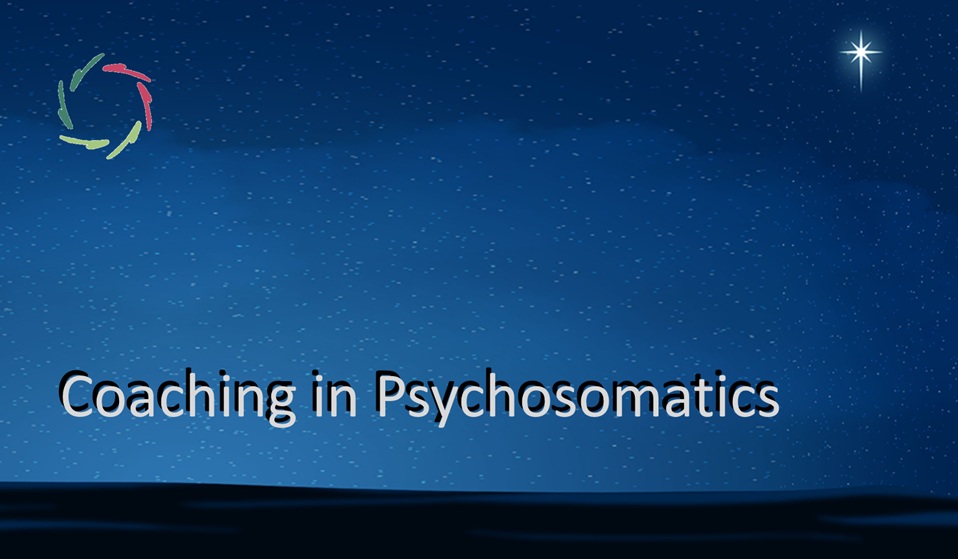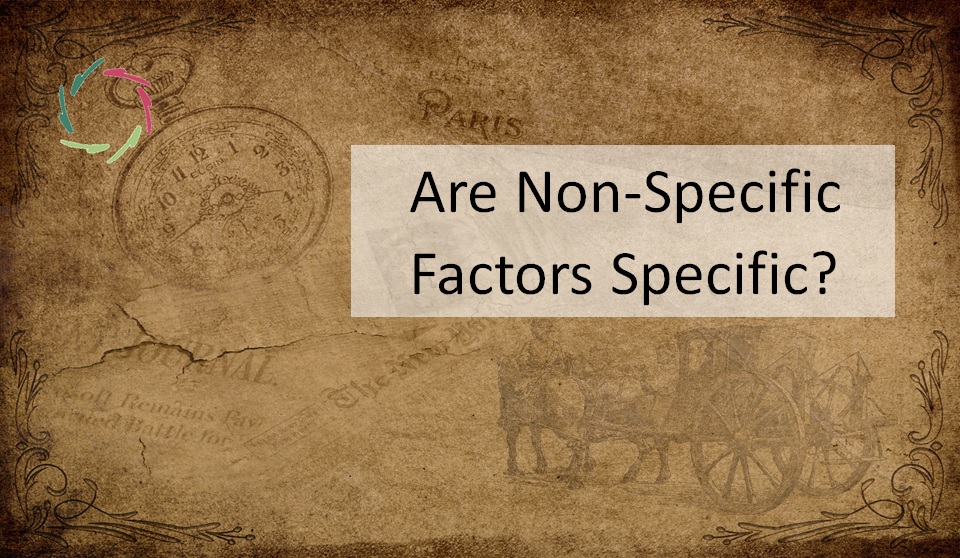Whirlpool of Disease

A whirlpool is a state in which much energy comes together, leading to a non-natural flow. A new order is created at the expense of the surroundings. This is probably central to most ‘disease.’
Life is a search for equilibrium.
In the midst of a universe that searches for entropy (disorder), life is but a bubble in which order is sought. The search for equilibrium is central to life’s search for order. Equilibrium means that a bit of disorder naturally leads to a return to order. Like a little ball in a small pit.
Add to this the notion of complexity.
In a non-complex mechanism, the search for order may have nothing to do with life. But put many mechanisms together in a way that they also work together towards gaining a complex equilibrium, and you start more and more to see something that resembles the ways of life. A human being is, of course, an extremely complex whole of equilibria-seeking individually complex mechanisms. We are an example of life.
Within life,
the equilibrium seeking behavior is called ‘homeostasis.’ Closely related is ‘allostasis,’ by which the equilibrium is also sought in changing circumstances. Allostasis searches for dynamic equilibrium, like a surfer on sea waves. That’s beautiful. A healthy organism is surfing along on circumstantial waves.
When the surfer falls, he can get on his board again and continue surfing. That’s life, also. Falling and failing and getting up and continuing is a learning process that makes one stronger and healthier.
When the circumstances get heavier
and the reaction non-calibrated, the equilibrium-seeking behavior may pass a point where the result is contrary to health. If then more and more is invested in the same direction, the result may become more and more diseased. Even more, this is, in many cases, the true origin of disease.
What is ‘many’? I think one can say ‘most’ in the domain of psychosomatics. Our complex brain/mind is full of self-perpetuating patterns. Consciousness itself has emerged from such patterns. That’s great, but due to mounting complexity, it also makes prone to disease.
Distress
Stress is what happens when nearing the borders of equilibrium. Allostasis kicks in. The organism summons additional energy to roll back to where it’s optimally poised. When this happens now and again, it’s still healthy. When it happens too much, especially where the reaction becomes non-efficient, chronic/recurring stress may deplete resources.
More and more, it can be called distress.
Into the whirlpool
When an additional adverse circumstance occurs, such as a pathogenic micro-organism entering the body, this may be enough to start a whirlpool. Even mechanisms that are positive in normal circumstances may add to a negative result in the whirlpool. Inflammation is an example of this. Other examples are more purely psychological: depression or anxiety. To a small degree, one can see them as positive. These are normal feelings that orient the individual to appropriate behavior. However, in a whirlpool, they may add to a detrimental outcome.
And out again
This view shows opportunities. When getting into a whirlpool, one may, with a relatively small amount of energy, work at different elements so as not to get more and more drawn into it. This is the way in which psychological means can have a significant effect on disease outcome.
This may make it more understandable that ‘just some mental exercises’ may have a relatively huge impact.
You may know that I am thinking now of the AURELIS app, available in app stores (soon), or through this link if you have an android smartphone: https://aurelis.org/assets/common/appfiles/app-release.apk.
You can download it for free; I hope it will help you and many more.


